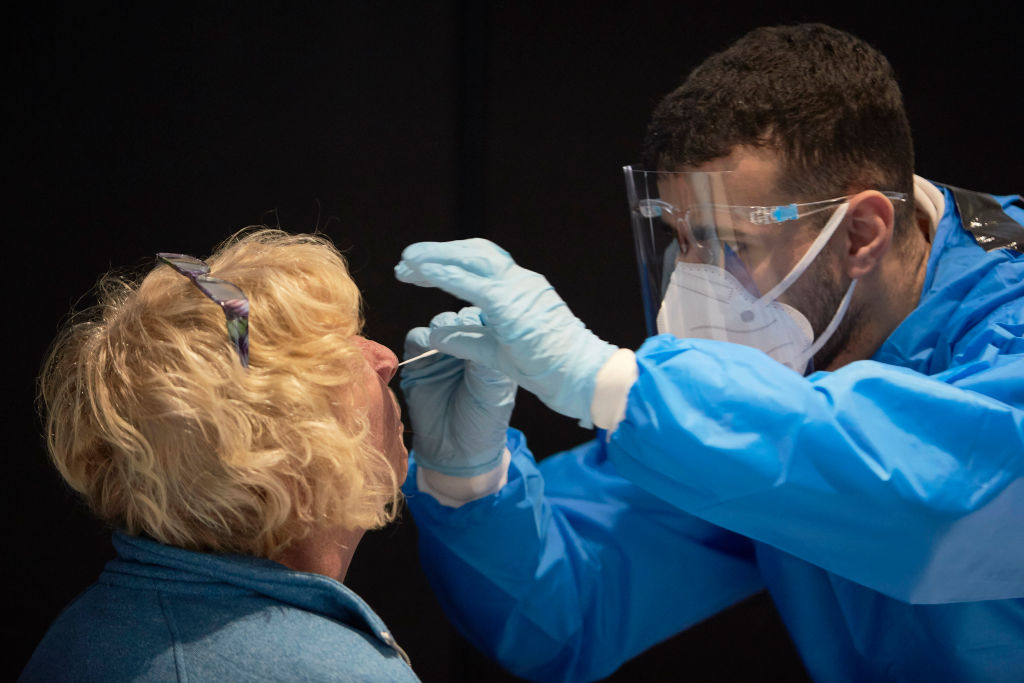ADF STAFF
Since the appearance of COVID-19 nearly three years ago, the loss of smell has been a reliable indicator that someone is infected. But new research suggests that may no longer be the case.
According to United Kingdom-based Zoe Health Study, more recent COVID-19 infections have come with a sore throat, nasal congestion and a persistent cough. Losing the sense of smell has fallen down the list from its one-time position at the top, according to the study.
Experts see the shift in symptoms as part of the continuing evolution of the coronavirus that causes COVID-19.
“This may be our new baseline,” Dr. Ulysses Wu, chief epidemiologist at Hartford HealthCare in the U.S. state of Connecticut, said in a press statement.
The delta variant, which appeared in mid-2021, attacked cells deep in patients’ lungs, making it difficult to fight and leading to a high number of intensive-care admissions and fatalities around the world. By contrast, the omicron variant, which appeared in late 2021 and has spun off multiple subvariants, continues to focus on the upper respiratory tracts — the nose, sinuses, and throats — of those who get infected.
After becoming the dominant subvariant worldwide, the omicron BA.5 strain has declined from 99% of new cases to about 66% as a collection of new subvariants arise, including BA.4.6, BQ.1, BQ.1.1 and BF.7 — all of which are variations of omicron BA.4 or BA.5, according to the U.S. Centers for Disease Control and Prevention.
Researchers remain alert to new strains of COVID-19 that could pose new risk of fatal infections. One of those, known as XBC, is a hybrid of delta and omicron.
“In the more recent cases of COVID, which, again, are these newer variants, there’s a few things that I noticed,” Dr. Dr. Allison Arwady, commissioner of the Chicago Department of Public Health, told a local news station. “First of all, the biggest one is that people are so much less likely to get seriously ill. And that means that the immune system is better at being able to protect against that severe illness.”
Although COVID-19 symptoms have become less severe than earlier variants of the virus, health experts warn that there is no guarantee that symptoms will stay that way. Every new infection creates an opportunity for new subvariants and hybrids to develop, many of them with superior abilities to spread.
For that reason, the World Health Organization (WHO) and the Africa Centres for Disease Control and Prevention continue to urge people to take precautions such as wearing masks in crowded spaces.
“We’re in a much better place than we were,” Dr. Mike Ryan, the WHO’s executive director of heath emergency programs, said during a recent news conference. “But that doesn’t mean we should become complacent.”

